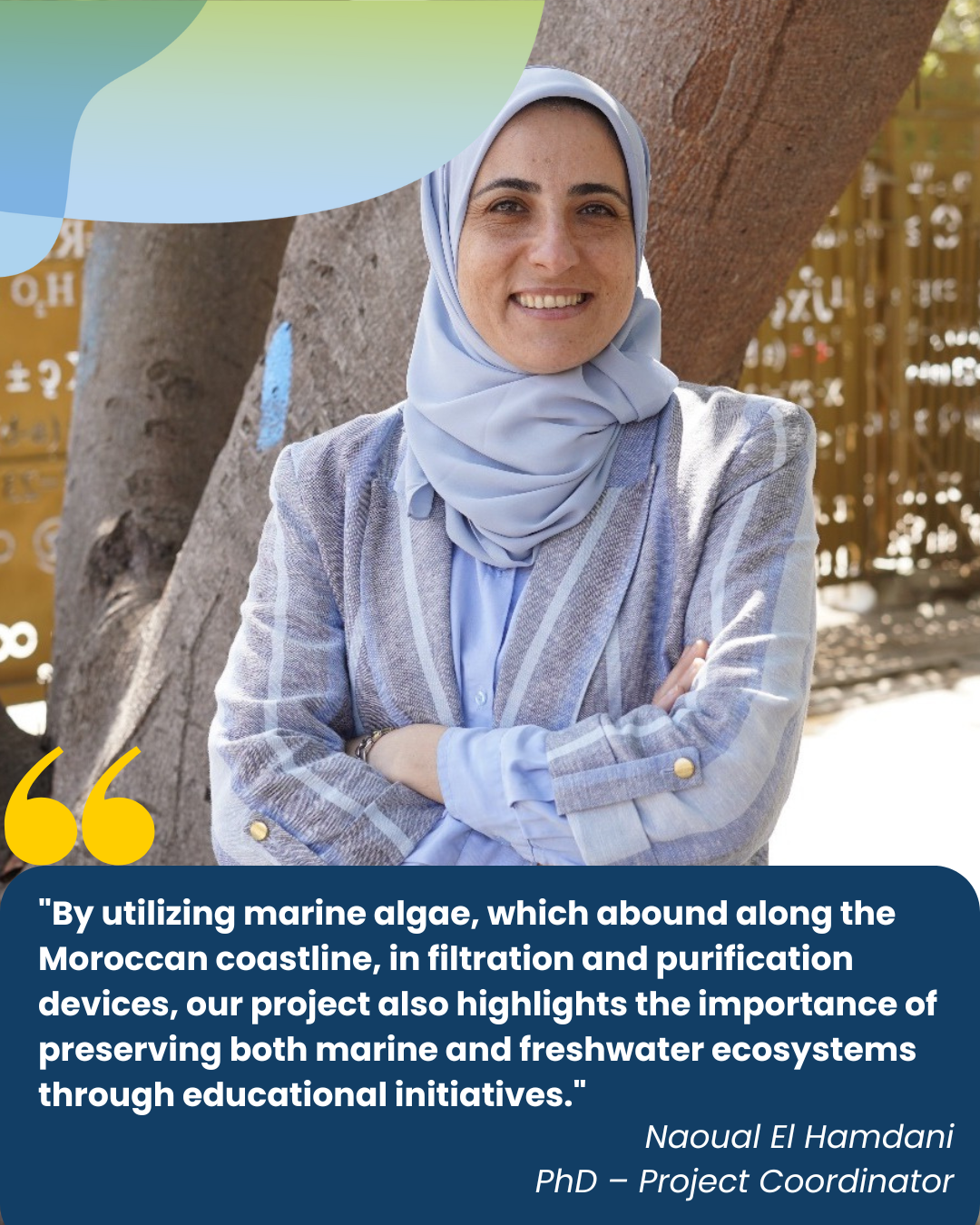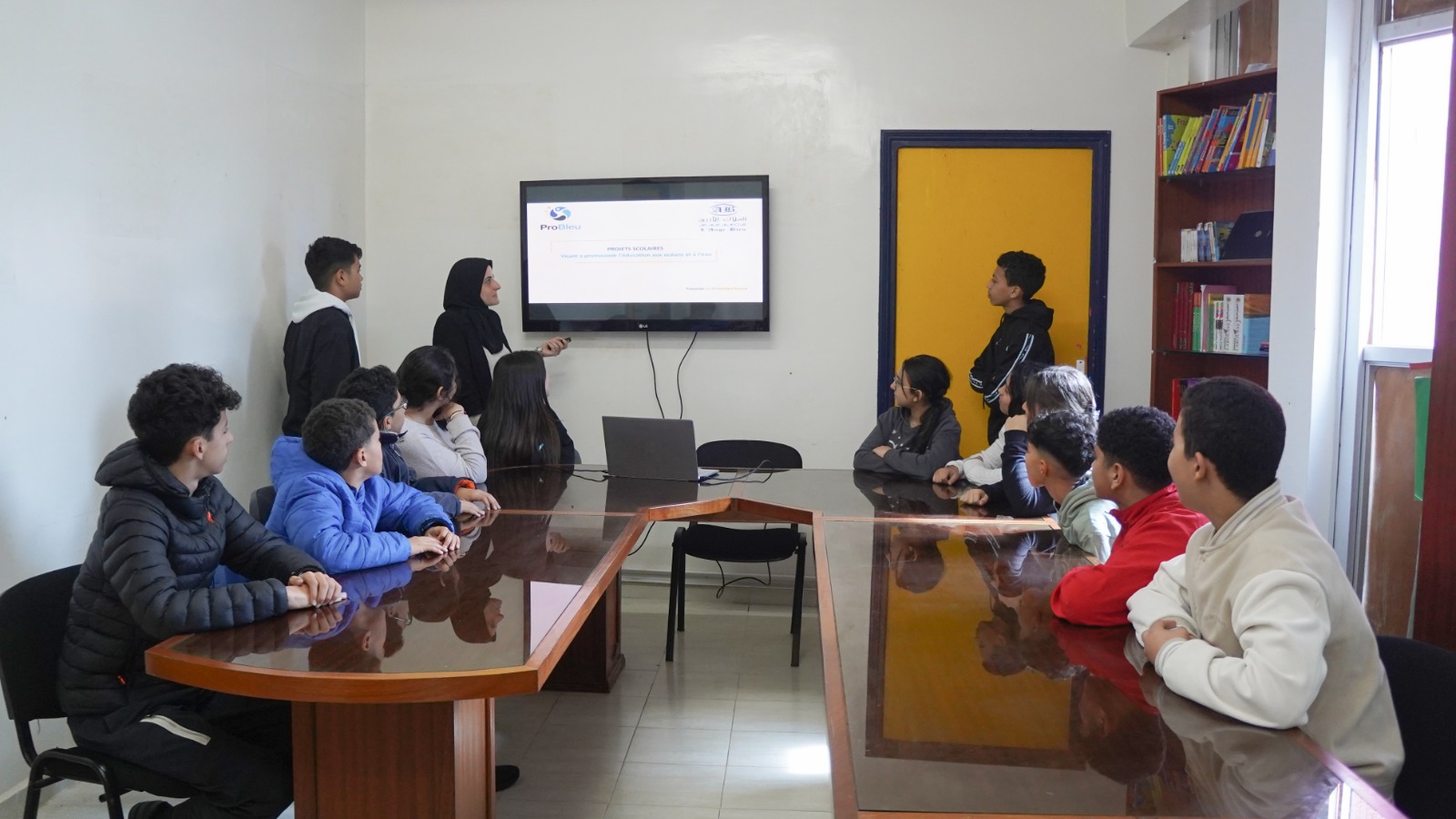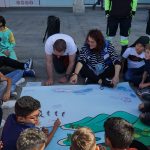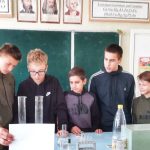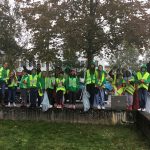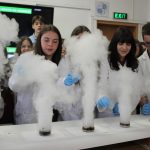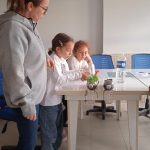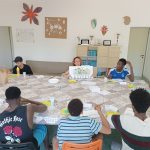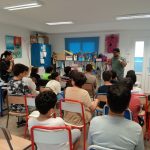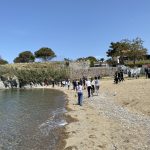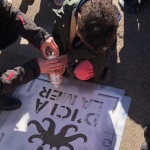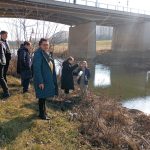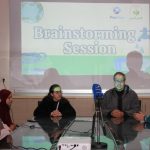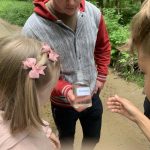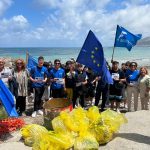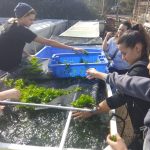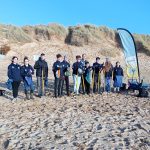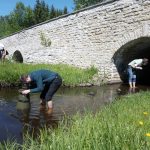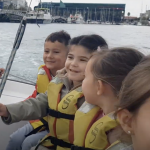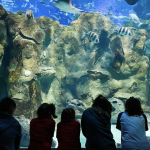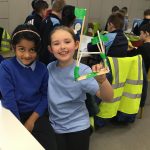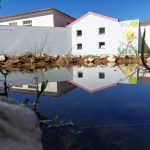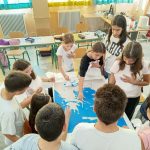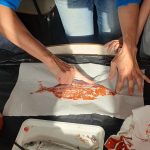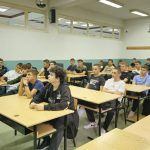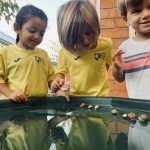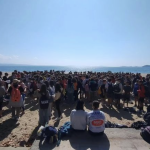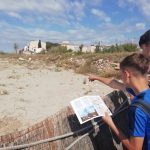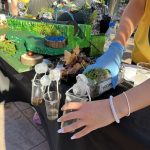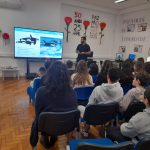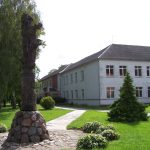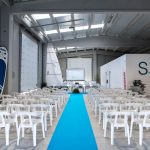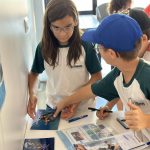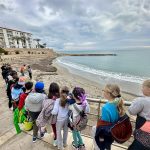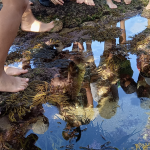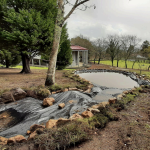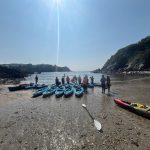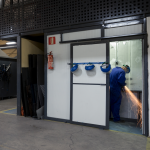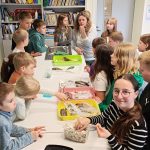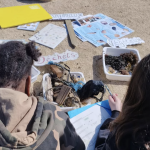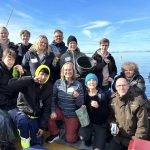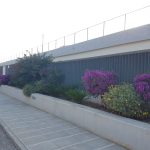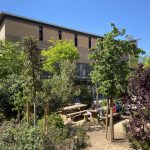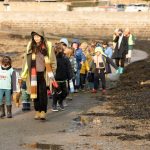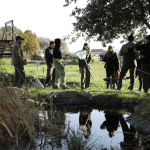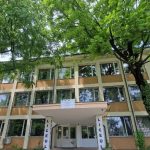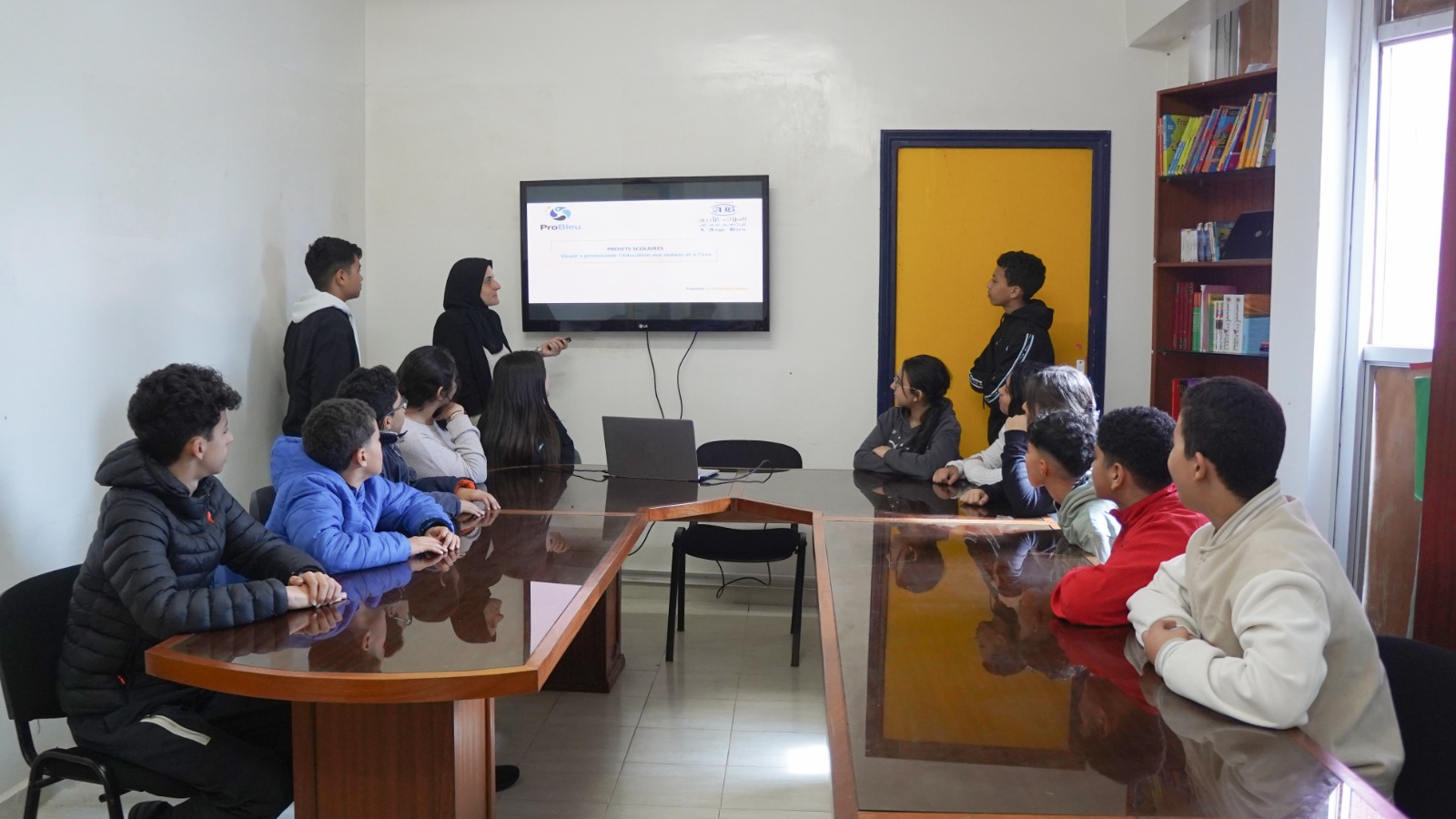
Use of marine Algae in filtration processes for water Recycling and Purification
El Jadida, Morocco
3rd FUNDING CALL
Water scarcity and pollution are pressing challenges in Morocco, where six consecutive years of drought have intensified environmental concerns. In response, a school project is engaging 130 middle school students in developing water filtration systems using marine algae while also exploring plastic recycling techniques to combat marine pollution. Through hands-on activities and scientific collaboration, students are not only learning about environmental issues but also becoming active problem solvers in their community.
Objectives
This project is designed to empower students with knowledge and practical skills in water conservation and pollution reduction. The key objectives include:
- Raising Awareness: Educating students on water scarcity, responsible water usage, and plastic pollution.
- Hands-On Engagement: Involving students in collecting marine algae and using it to develop four prototype water purification devices.
- Scientific Collaboration: Testing the performance of these filtration systems with support from the Water and Environment Laboratory at Chouaib Doukkali University.
- Plastic Recycling Innovation: Teaching students practical techniques to recycle plastic waste and reduce pollution.
- Community Outreach: Sharing project results through educational videos, posters, and school-wide engagement, reaching over 850 students and their families.
Activities and Collaborations
The project unfolds over twelve months with a structured approach that includes research, fieldwork, experimentation, and community engagement.
Months 1-3: Research and Field Excursions
Students begin by studying the impacts of drought and plastic pollution through presentations and discussions. They then embark on excursions to collect marine algae, visit polluted beaches, and tour key environmental facilities, including:
- Chouaib Doukkali University’s Water and Environment Laboratory, where they explore water purification science.
- A wastewater treatment plant, where they learn about water management.
- A plastic recycling facility, where they gain hands-on experience in sustainable waste management.
Months 4-6: Building Water Filtration Devices and Recycling Plastic
Using the collected marine algae, students work in groups to design and build four functional water purification prototypes. They also participate in workshops where they experiment with plastic recycling methods to find innovative ways to repurpose waste.
Months 7-9: Testing and Refining Designs
The newly created water filtration devices undergo rigorous testing at Chouaib Doukkali University, where students analyze water quality before and after purification. They also evaluate the effectiveness of their plastic recycling techniques. Videos and posters are produced to document their findings.
Months 10-12: Final Presentation and Community Engagement
The project concludes with a final school-wide exhibition, showcasing:
- The four purification prototypes, their impact on water quality, and the potential for real-world application.
- Recycled plastic products, demonstrating new ways to combat marine pollution.
- Educational videos and posters, ensuring that the knowledge gained is shared with students, families, and the wider community.
Outputs and Impact
By the end of the project, students will have developed tangible solutions to local environmental challenges while fostering a culture of sustainability within their school.
Key Outputs:
- Educational Videos: Documenting the entire process, from algae collection to purification and recycling techniques.
- Functional Water Filtration Devices: Four marine algae-based prototypes, tested and evaluated for effectiveness.
- Plastic Recycling Innovations: Practical techniques demonstrated and shared with the community.
- Awareness Resources: Informational posters, infographics, and digital content promoting sustainable water management and waste reduction.
Long-Term Impact:
- Empowered Students: Participants will develop scientific skills and an active role in environmental stewardship.
- Informed Community: With educational resources reaching over 850 students and their families, the project ensures broad awareness.
Sustainable Practices: By demonstrating practical solutions, the initiative encourages lasting engagement in water conservation and pollution reduction.
